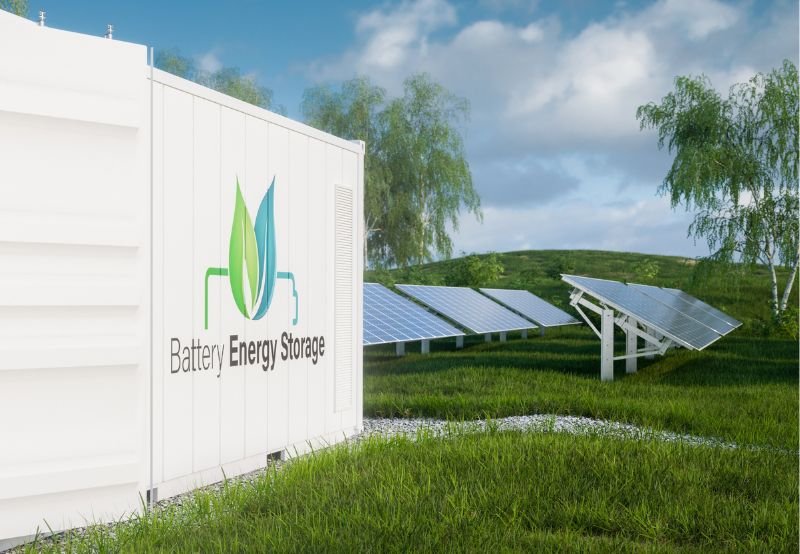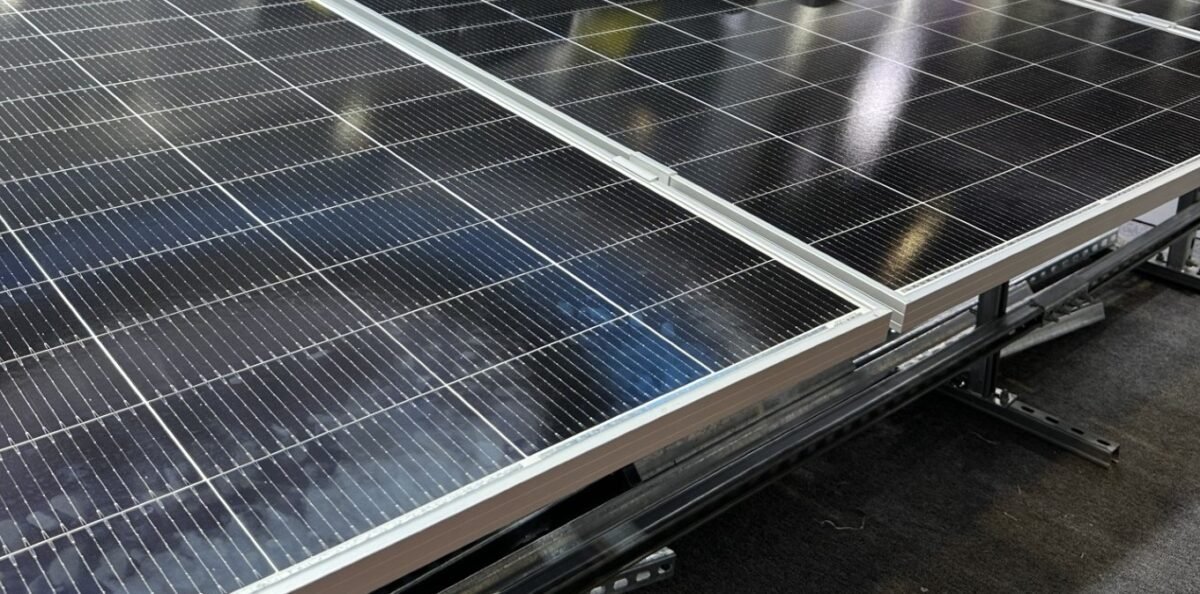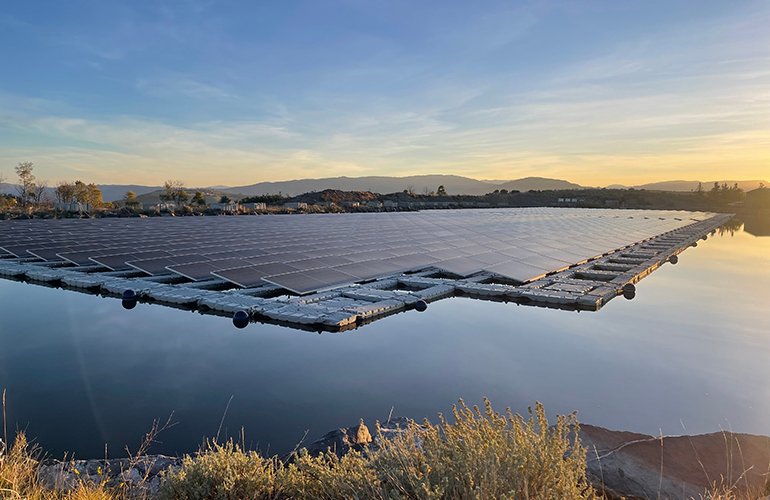GuarantCo Boosts Solar Projects in Iraq with National Bank Deal
In a major move for Iraq’s renewable energy sector, GuarantCo has signed a portfolio guarantee agreement with the National Bank of Iraq (NBI). This partnership aims to accelerate climate-focused lending, particularly for solar projects, while strengthening the local financial infrastructure.
Iraq’s Solar Market Heats Up
Iraq isn’t the first name that comes to mind for solar growth—yet. With over 300 sunny days a year, the country has solar potential rivaling Spain. But financing has been a hurdle. High interest rates and risk-averse banks often leave projects stranded. That’s where GuarantCo steps in.
The Guarantee Game-Changer
GuarantCo’s guarantee reduces NBI’s risk when lending to solar ventures. Think of it like a co-signer for a loan—except it’s backing commercial-scale PV installations. This could unlock $50M+ in new solar investments initially. Projects using bifacial panels or tracking systems might get a leg up.
Beyond Panels: Ripple Effects for Solar Pros
This deal isn’t just about Iraqi rooftops. Manufacturers like Jinko Solar and LONGi could see new demand spikes. O&M providers may find fresh opportunities as projects come online. Remember how similar guarantees jumpstarted Jordan’s market? History might repeat.
The Local Angle That Matters Globally
NBI will train staff to evaluate solar projects—a rare skill in Iraq’s banking sector. This knowledge transfer matters. When bankers understand capacity factors or PPA structures, they fund smarter. Solar developers, take note: paperwork approvals might get smoother.





